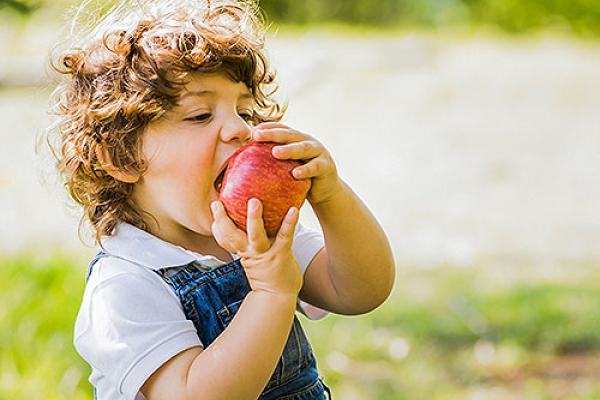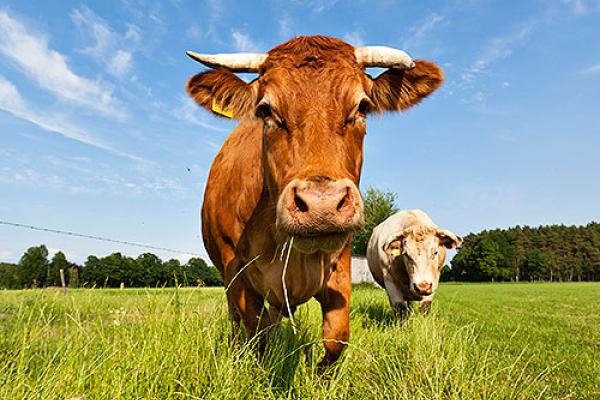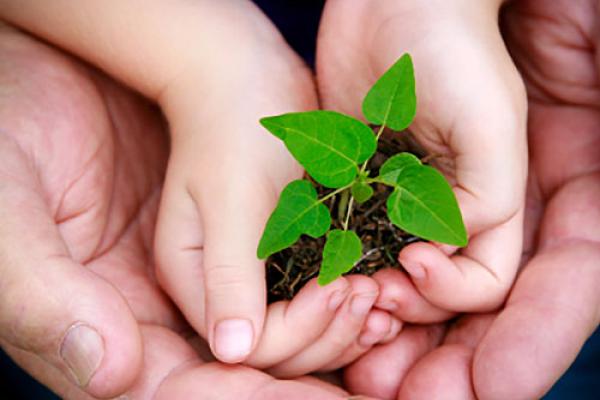The European Commission aims to assure a high level of food safety and animal & plant health within the EU through coherent Farm to Fork measures and adequate monitoring, while ensuring an effective internal market.
The implementation of this integrated Food Safety policy in the EU involves various actions, namely:
- to assure effective control systems and evaluate compliance with EU standards in the food safety and quality, animal health, animal welfare, animal nutrition and plant health sectors within the EU and in non-EU countries in relation to their exports to the EU;
- to manage international relations with non-EU countries and international organisations concerning food safety, animal health, animal welfare, animal nutrition and plant health;
- to manage relations with the European Food Safety Authority (EFSA) and ensure science-based risk management.
The integrated approach to food safety is covered by the following web sections:
Food Safety
Every European citizen has the right to know how the food they eat is produced, processed, packaged, labelled and sold.
The central goal of the European Commission's Food Safety policy is to ensure a high level of protection of human health regarding the food industry — Europe’s largest manufacturing and employment sector.
The Commission's guiding principle, primarily set out in its White Paper on Food Safety, is to apply an integrated approach from farm to fork covering all sectors of the food chain.
See more...
Animals
The objective of the Animal Health policy is to raise the health status and improve the conditions of the animals in the EU, in particular food-producing animals, whilst permitting intra-Community trade and imports of animals and animal products in accordance with the appropriate health standards and international obligations.
The general aim of the Animal Welfare policy is to ensure that animals don’t need to endure avoidable pain or suffering and obliges the owner/keeper of animals to respect minimum welfare requirements.
The EU zootechnical legislation aims at the promotion of free trade in breeding animals and their genetic material considering the sustainability of breeding programs and preservation of genetic resources.
See more...
Plants
The European Commission takes actively part in the setting of international phytosanitary and quality standards for plants and plant products.
EU legislation has, over the years, provided for the harmonised protection of our 'green resources'. Issues like pesticides, plant variety rights or Genetically Modified Organisms are some of the topics you will find in this section.
See more...
Horizontal topics related to Food Safety
A selection of topics that span across more than one of the main pillars of the Directorate-General for Health and Food Safety (DG SANTE).
See more...
News
EFSA published a new opinion on genetically modified maize for food and feed uses on 19 March. In accordance with Regulation (EC) No 1829/2003 on genetically modified food and feed, the public may make comments on this opinion for a 1 month period.
An opportunity for stakeholders and the public to share their data, experiences, and views on how EFSA operates will contribute to the evidence base, transparency, and accountability of the evaluation process.
The Official Control Regulation requires Member States organising risk-based controls to identify and combat fraudulent and deceptive practices along the agri-food chain.
These reports give monthly and annual overviews of interceptions made by the EU and Switzerland, of harmful organisms in imported plants and other objects.
The Official Control Regulation requires Member States organising risk-based controls to identify and combat fraudulent and deceptive practices along the agri-food chain.
This report provides an overview of the general developments of WTO notifications from 1995 to 2024, followed by a closer look at last year, both on WTO level and with particular focus on the EU.
These reports give monthly and annual overviews of interceptions made by the EU and Switzerland, of harmful organisms in imported plants and other objects.
The Official Control Regulation requires Member States organising risk-based controls to identify and combat fraudulent and deceptive practices along the agri-food chain.
The Official Control Regulation requires Member States organising risk-based controls to identify and combat fraudulent and deceptive practices along the agri-food chain.
The Commission has today adopted a ban on the use of Bisphenol A (BPA) in food contact materials, due to its potentially harmful health impact. BPA is a chemical substance used in the manufacture of certain plastics and resins.



